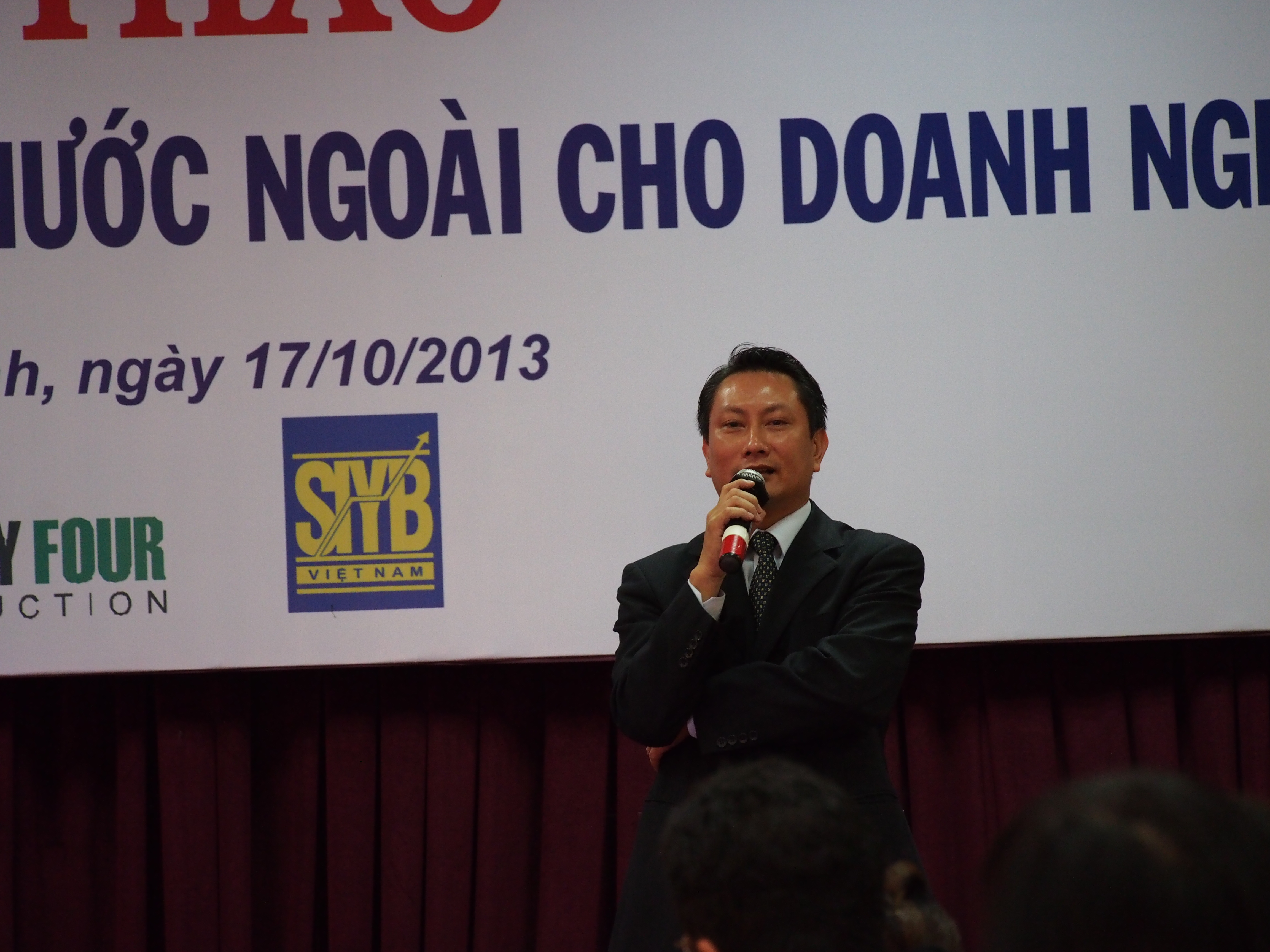At least 20 big Japanese firms operating in food processing industry will set their footholds in Vietnam in late 2013 and throughout the following year, said an expert.
“They will mostly set up their first bases in the southern part of Vietnam, mostly in the Mekong Delta, and in the Central Highlands city of Dalat,” Nguyen Hoang Hung, chairman of the Hanoi-based Japan-Vietnam IP Management Joint Stock Co (JVIPM), told Tuoi Tre News on a sideline of a recent investment promotion workshop.
But Hung cannot disclose the specific names of those companies, mostly transnational companies headquartered in Japan, he said at the event held by the Vietnam Chamber of Commerce and Industry (VCCI) in Ho Chi Minh City on Thursday.
“The Mekong Delta will be the focus of the businesses making products from rice and post-harvest processing, while Dalat will be the main base for vegetables and fruits gathering and processing.”
They will not come as a massive wave but will scatter into small groups in which a large company will go first, accompanied by smaller companies operating in the field of supporting industries to support them, said Hung.
The move aims at making use of the abundant local agricultural resources and previously unprocessed agro waste for the making of higher added-value products, he said at the workshop on possible approaches to access foreign capitals organized at the headquarter of VCCI branch in HCMC.
Those new processed agro products, like rice-based cookies and cracker, will be partially sold in the local market, and exported to their home country.
“They will firstly set up a production facilities and process the agro products to a certain degree, but not to the final stage. Then they will export the products to Japan for further processing into the end products.”
“If everything goes well as planned, more supporting Japanese firms will join the process and thus, they make the end products right in Vietnam.”
Moreover, they will bring in their technologies to turn unprocessed agricultural waste and by-products, like rice bran, into useable and sellable ones.
"They have chosen Vietnam instead of Thailand due to the abundant, varied and cheap input sources, including rice, vegetable and fruit, available here. But they will require those plants to be grown in accordance to Japanese procedures and standards.”
In addition, they also bring in more technologies for processing agricultural by-products, a field in which Vietnam has yet been capable of, such as churning out refined rice bran oil to use in the food and pharmaceutical industries. The waste products, such as pulp, can also be used in the production of instant noodles.
"I have recently led many CEOs and experts of those Japanese companies to survey the market in the both locations, and they said that the post-harvest processing technologies of Vietnam are in a poor shape.”
“Many by-products and waste, which are usually used as animal feed, can be reprocessed into products with much higher added-value," he told Tuoi Tre News.
Japanese firms invested some $1.12 billion in Vietnam in the first 9 months of this year, ranked third after Singapore ($2.69 billion) and Korea ($2.2 billion). Foreign direct investment (FDI) capitals from Japan took the lead last year with $5.13 billion, accounting for 39.5 percent of total FDI in 2012.
|
Nguyen Hoang Hung, chairman of JVIPM, obtained a BA at Ho Chi Minh Economic University, Vietnam before earning a MBA at Shizuoka University, Japan in 1996. After that Hung came back to set up a consulting company to provide services to foreign companies, especially Japanese investors, who were considering to get into in Vietnam. With more than 15 year experience in investment consulting, he has contributed himself to the success of a numbers of the foreign companies in Vietnam before joining JVIPM. |


















































